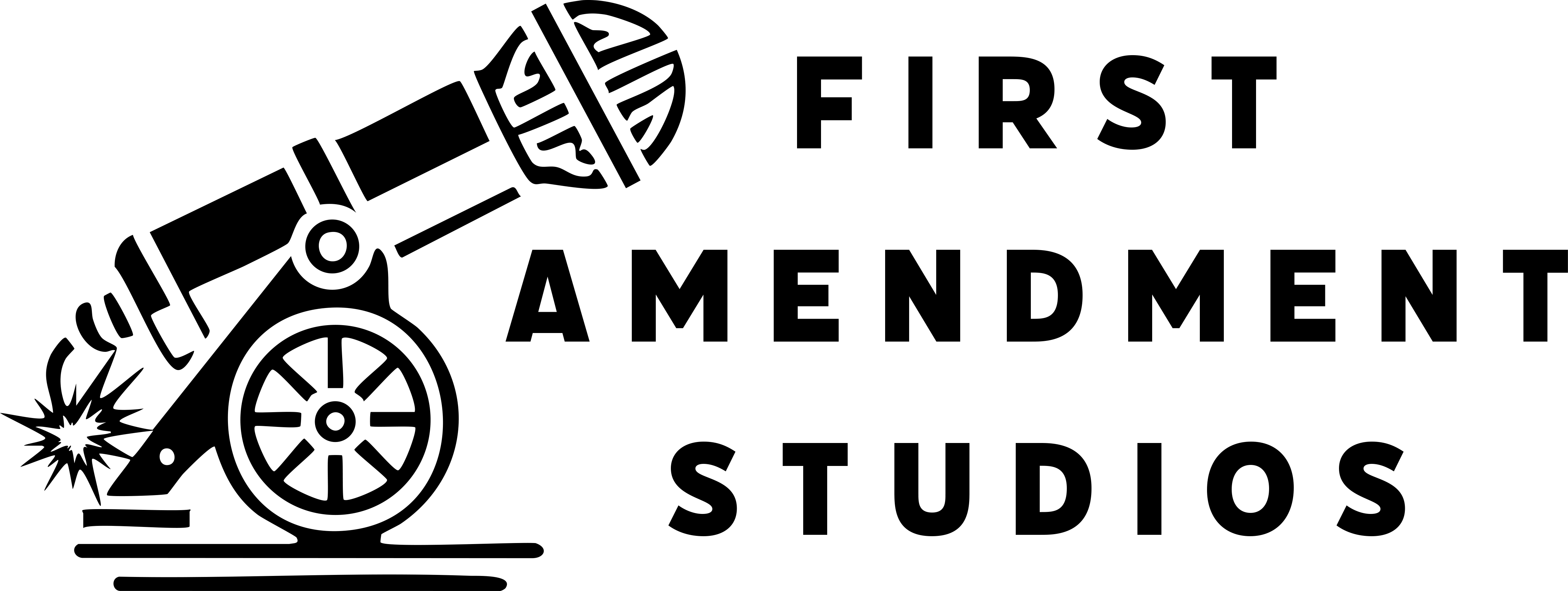Your cart is currently empty!
This section—Nonviolent Advocacy and Public Accountability—is the bridge between principle and action. It answers the question: What do we do when autonomy is violated, and the system fails us?
To be effective, it must offer not just theory, but tools and tactics for reclaiming power without replicating harm.
🔍 What Does Public Accountability Look Like in Practice?
Public accountability means individuals, institutions, and systems face transparent, community-visible consequences for violating autonomy—not through violence, but through exposure, pressure, and cultural pushback.
Examples:
-
Publishing verified abuse stories from within religious groups, corporations, or institutions (with consent and anonymity protected where needed).
-
Crowdsourced transparency sites listing entities with a record of violating bodily, data, or cognitive autonomy.
-
Organized boycotts of businesses or organizations that coerce, surveil, or retaliate against whistleblowers.
-
Restorative justice panels where victims speak and offenders must hear them and respond directly—publicly or privately.
-
Call-ins vs. call-outs: Ethical choices around whether to confront privately or publicly, based on power dynamics and the nature of the harm.
📢 What Might Public Advocacy Look Like?
Advocacy is how we raise awareness and build pressure—by showing the public why it matters and inviting them to stand with us.
Examples:
-
Autonomy Marches: Peaceful, themed marches that center stories of autonomy violations and affirm the right to self-governance.
-
Hashtag campaigns: Like #MyDataMyChoice or #ConsentIsSacred, used to flood media feeds with personal stories or demands.
-
Artistic protest: Murals, music, zines, and public installations that expose violations or celebrate sovereignty.
-
Media collaborations: Documentaries, podcasts, blog series amplifying the stories of the unheard.
-
Petitions and open letters: Demanding policy shifts or public apologies from schools, companies, or governments.
🧠 Questions We Must Answer to Get This Right:
-
How do we protect the autonomy of those who speak out—especially when retaliation is likely?
-
Anonymity options, safe spaces, digital security.
-
-
How do we ensure accountability doesn’t become public shaming or mob justice?
-
What are the ethical guidelines for naming names or exposing bad actors?
-
-
Who defines what constitutes a violation?
-
Is it based on the victim’s word alone? Independent review? Community consensus?
-
-
How do we avoid burnout among advocates and protect them from psychological harm?
-
Do we build support pods? Decompression rituals? Counseling partnerships?
-
-
How do we measure progress without falling into respectability politics or legalistic benchmarks?
-
Do apologies count? Policy changes? Shifts in behavior?
-
-
How do we avoid co-optation or dilution by corporate or state actors who want to look good without changing behavior?
-
Transparency. Independent watchdogs. Cultural literacy.
-

